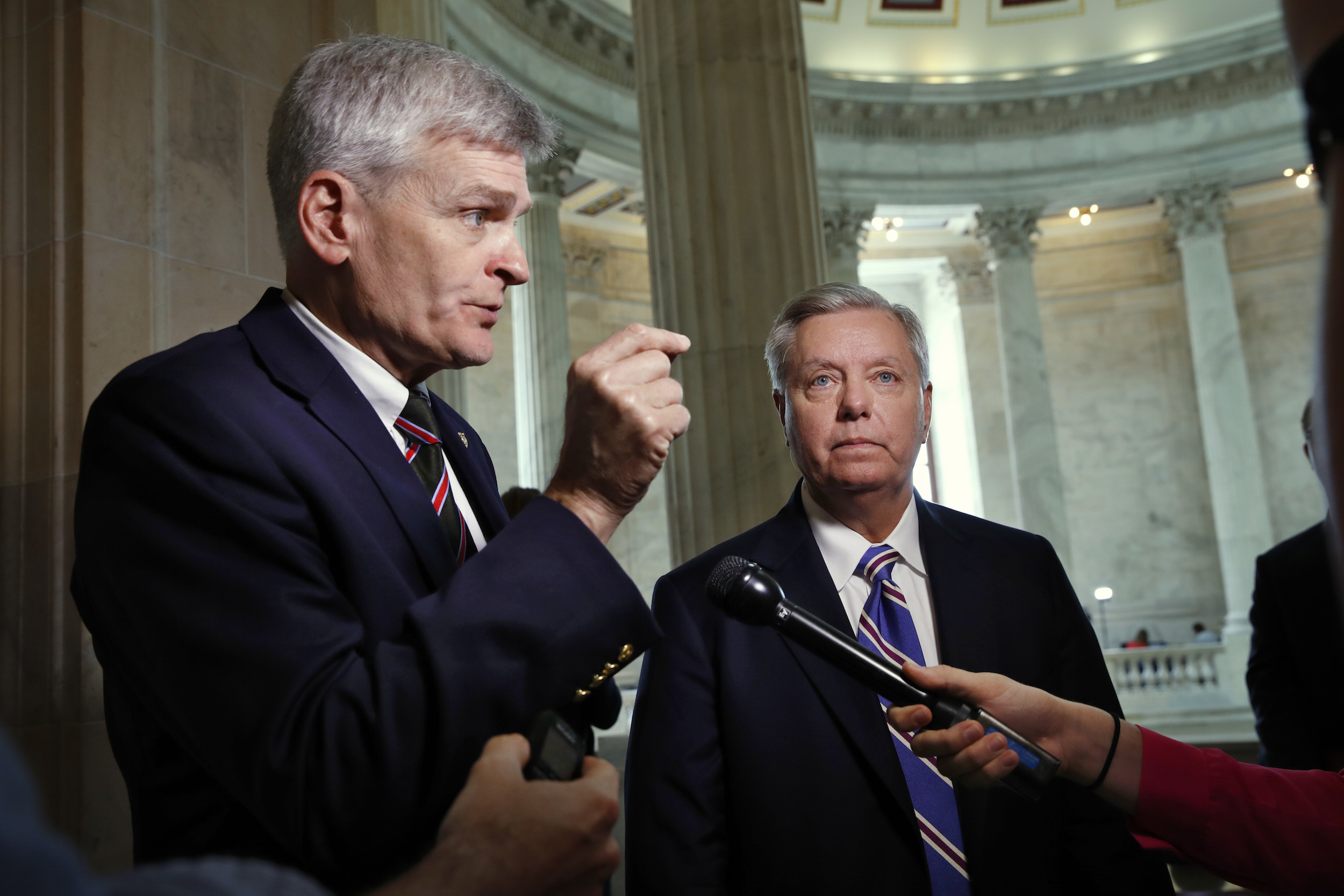A group of six major doctor, hospital, and insurance groups released a joint statement on Saturday condemning the latest GOP effort to repeal and replace the Affordable Care Act, urging the Senate to reject the Graham-Cassidy bill.
“While we sometimes disagree on important issues in health care, we are in total agreement that Americans deserve a stable healthcare market that provides access to high-quality care and affordable coverage for all,” the statement said.
“The Graham-Cassidy-Heller-Johnson bill does not move us closer to that goal. The Senate should reject it.”
The groups that issued the statement included the American Medical Association, American Academy of Family Physicians, American Hospital Association, Federation of American Hospitals, America’s Health Insurance Plans, and the BlueCross BlueShield Association.
Each of those groups – and more than a dozen others – has already individually condemned the Graham-Cassidy bill, but Saturday’s statement marked the first time they had done so as a collective.
The statement said the groups agreed that the bill would undermine safeguards for patients with pre-existing conditions, dramatically cut Medicaid and introduce a future "funding cliff," weaken the individual insurance market, and introduce an unworkable timeframe to implement the bill's changes.
"State and industry leaders will need to completely transform their individual insurance markets and Medicaid programs in little more than a year - an impossible task," the statement said.
The bill - written by Sens. Lindsey Graham, Bill Cassidy, Dean Heller, and Ron Johnson - would set up federal funding in block grants, which states would use to fund healthcare. That's different from how funding is distributed now, as a percentage of what states spend, and it could drastically change what states receive.
In the statement, the groups called for senators to work on a bipartisan solution instead.
As of Friday, the future for the Graham-Cassidy bill looked dismal, after Republican Sen. John McCain of Arizona announced he intended to vote against the bill. Sen. Rand Paul of Kentucky, a fellow Republican, had already come out strongly against it, as had Republican Sen. Susan Collins of Maine.
As Republicans control 52 seats in the Senate, they would have to persuade at least one of those three senators to vote for the bill in order to pass it with a simple majority under the budget reconciliation process. The GOP must pass the bill by September 30 otherwise it will be subject to the Senate's usual 60-vote threshold.
But some, including President Donald Trump, have speculated that Paul or Collins could still change their minds before the bill comes to a vote.
"I know Rand Paul and I think he may find a way to get there for the good of the Party!" Trump tweeted on Saturday.
Lydia Ramsey contributed reporting.

